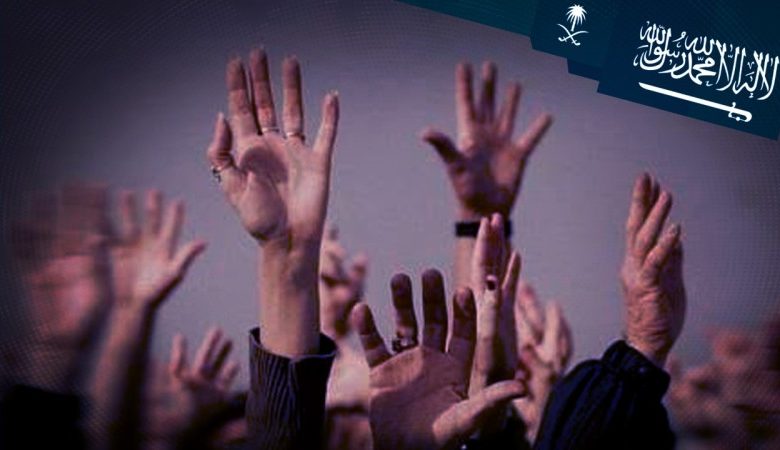
According to the US Federal Commission on Religious Freedom, Saudi Arabia has been systematic in its attacks on religious freedom and minorities.
The Commission stated in its annual report on religious freedom in Saudi Arabia for 2021 that while Saudi Arabia has made some reforms, they have not been sufficient to restore religious freedoms, such as allowing women to change their names without the consent of their guardians and allowing women to perform Hajj and Umrah without a mahram.
However, according to the Commission’s assessment, Saudi Arabia “continued to violate religious freedom, disproportionately targeting religious minorities flagrantly.”
It cited the death of Shiite youngster Mustafa al-Darwish, the incarceration of clerics with dissenting views, such as Salman al-Awda, and the persistent prohibition on non-Muslims worshipping in non-Muslim houses of worship.
The Commission stated that Saudi Arabia should be classed as a “special concern” nation due to its participation in “systematic, continuing, and blatant abuses” of religious freedom.
Additionally, targeted penalties will be imposed on Saudi government institutions and officials engaged in significant abuses of religious freedom, either by freezing their assets or barring them from visiting the United States.
The Commission advised that Congress organise public hearings to raise Congress’ concerns about political prisoners and collaborate with like-minded legislators in other nations to push for political prisoners’ release.
The group urged the United States Congress to enact the bipartisan “Saudi Material Transparency and Reform” bill, which requires the State Department to submit yearly reports on religious intolerance in Saudi textbooks and attempts to get it removed.
Notably, the US State Department’s International Religious Freedom Report for 2020 said that Saudi legislation does not guarantee religious freedom since it criminalises “anyone who directly or indirectly questions the king’s or crown prince’s religion or justice.”
According to US Secretary of State Tony Blinken, “there is some limited tolerance for non-Islamic private religious practises in practise, but religious practises that contradict the government’s promoted approach to Sunni Islam continue to subject non-citizens to detention, harassment, and deportation.”